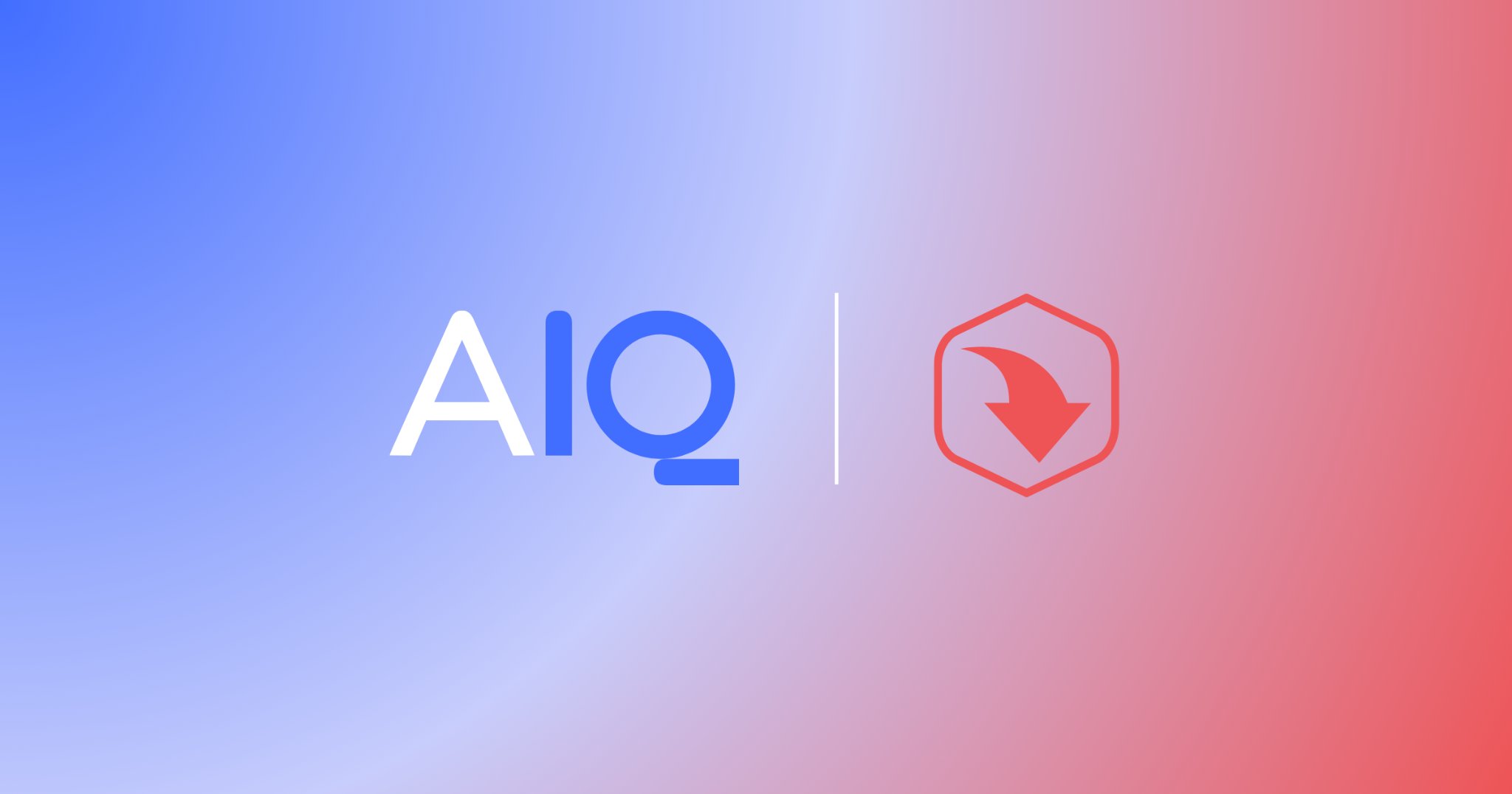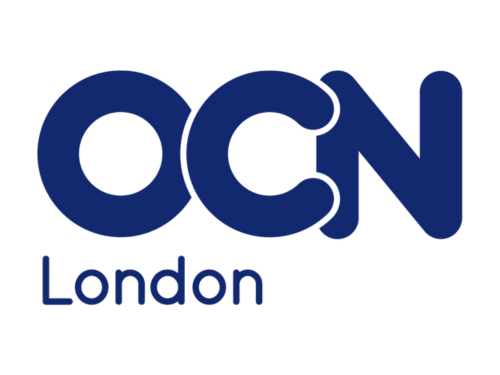
All Resources
Empower your finance team with resources tailored for CFOs, Financial Controllers, and Finance Directors.
Empower your finance team with resources tailored for CFOs, Financial Controllers, and Finance Directors. Our 100% cloud-based software integrates seamlessly with your existing systems, combining essential accounting tools with advanced automation and intelligence. Whether you're in tech, financial services, charity, renewables, or any other industry requiring sophisticated financial management, AccountsIQ delivers the insights you need to streamline processes, achieve real-time visibility and simplify consolidation and reporting. Equip your team with the knowledge to elevate your finance function and drive strategic growth.



.webp)
.webp)
.png)


.png)




%20(500%20x%20500%20px).png)



.png)
.png)
.png)







